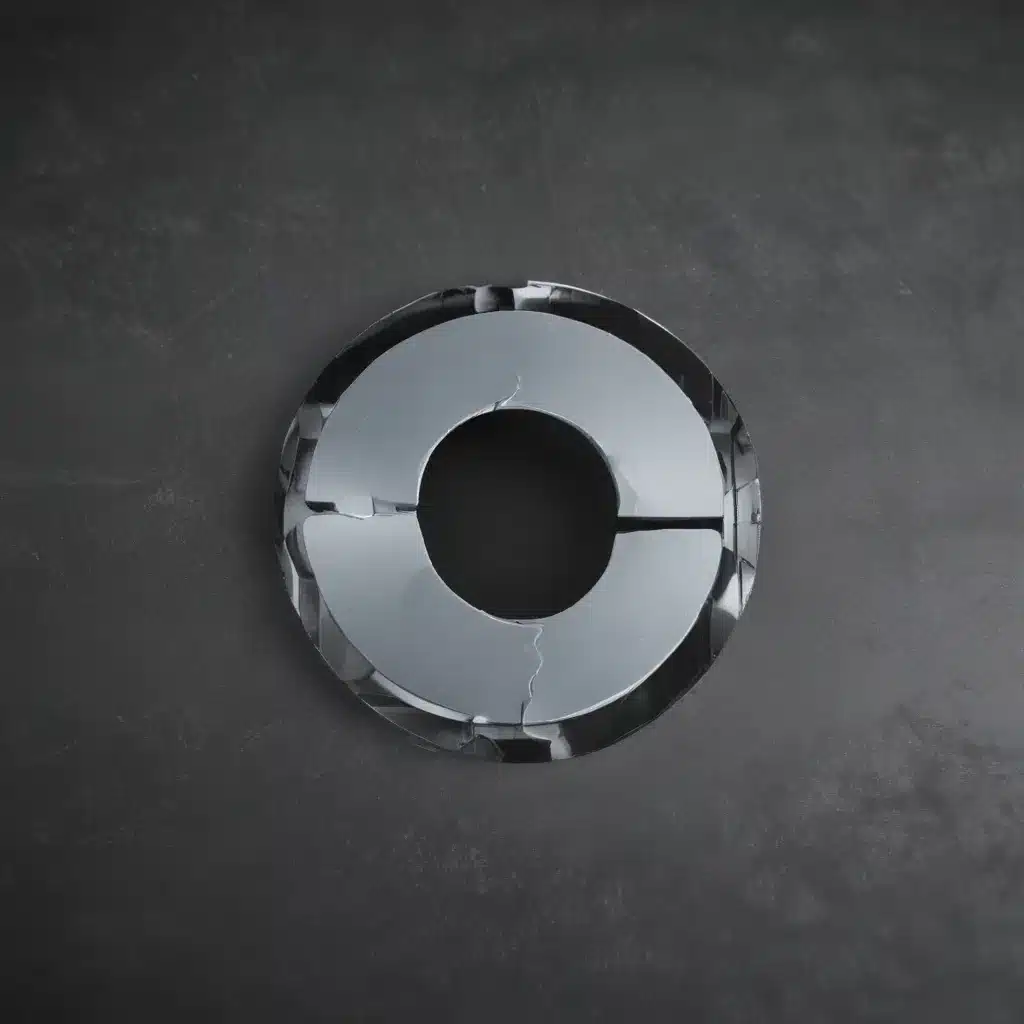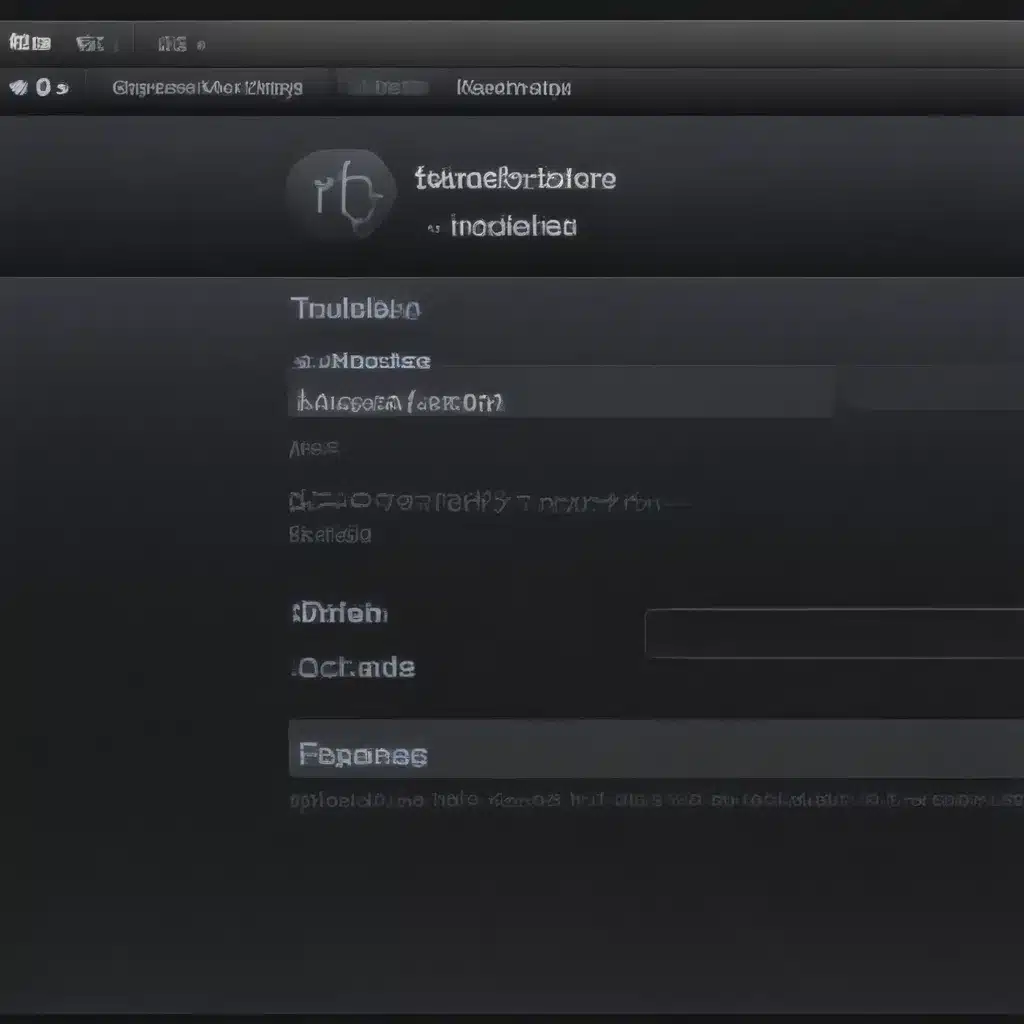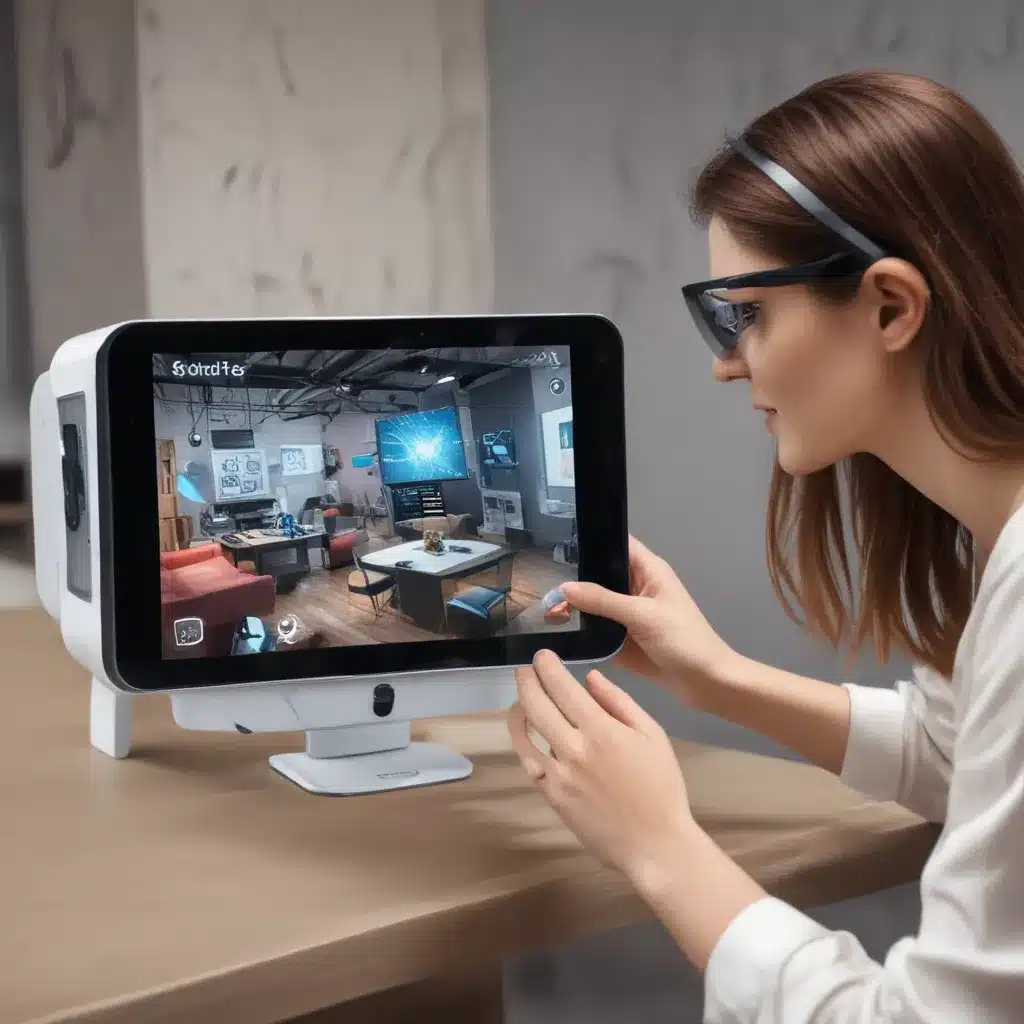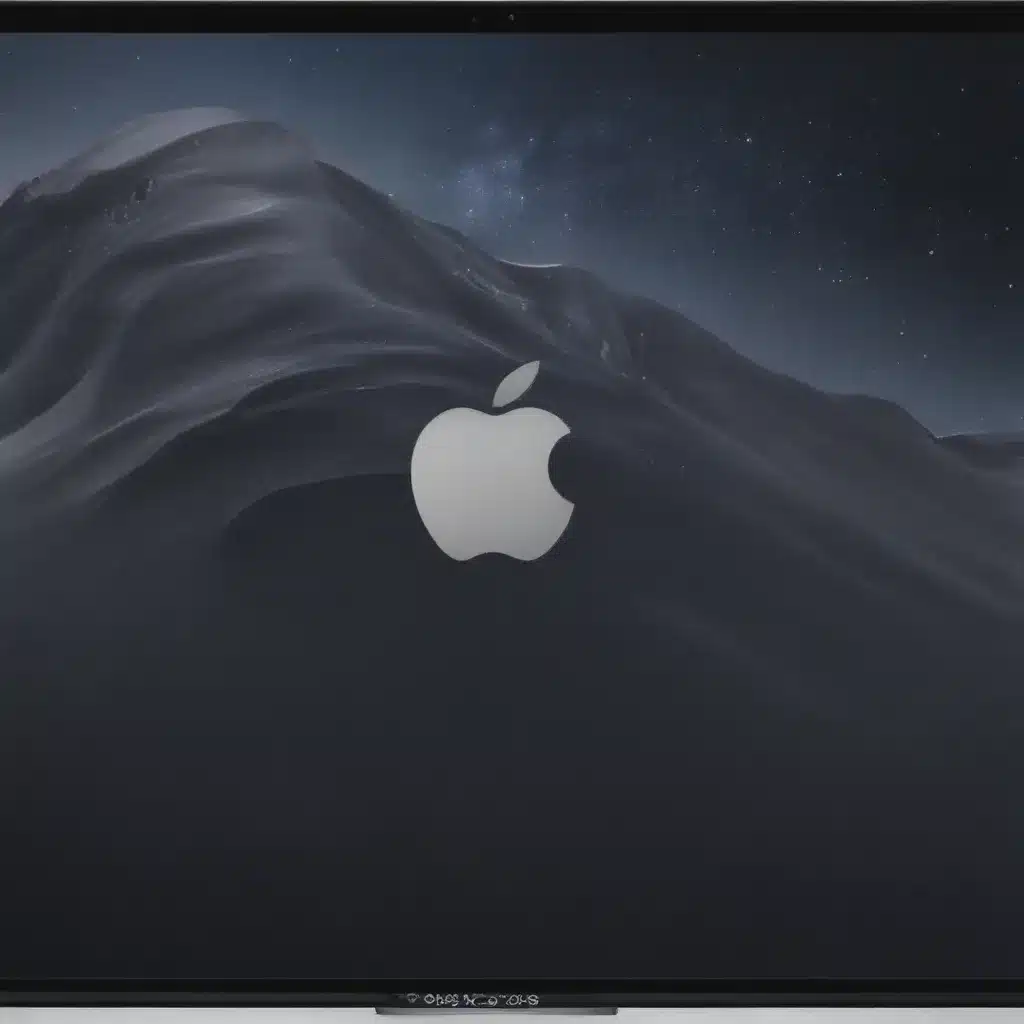Buzzing, Grinding, and Rattling Noises: Decode the Mysterious Sounds of Your Computer
Have you ever been working away on your computer, minding your own business, when suddenly a strange noise starts emanating from the depths of your machine? It’s enough to make even the most tech-savvy of us jump in our seats. But fear not, my fellow computer enthusiasts – I’m here to guide you through the mysterious world of computer sounds and help you diagnose and fix the issue.
First things first, let’s address the most worrisome noise: the dreaded clicking or grinding sound. If your computer is making a low-pitched buzzing or grinding noise, you’ll want to stop what you’re doing and check the health of your hard drive [1]. This could be a sign that your trusty disk is on its last legs. Don’t ignore it – that’s like ignoring the “check engine” light in your car.
To assess the situation, I recommend downloading a third-party tool like CrystalDiskInfo (Windows) or DriveDx (macOS) [1]. These programs will give you the scoop on the status of your drives – if they’re listed as anything less than “good,” it’s time to start backing up your data, pronto. I know, I know, backing up is a pain, but trust me, you’ll thank yourself later. Losing all your precious files to a failing hard drive is a fate worse than having to listen to your computer’s dying wheezes.
Fans Gone Wild: Taming the Noise
Ah, the loud whoosh – the familiar sound of an overworked fan struggling to keep your computer cool. This is a common culprit, especially in desktop PCs [1]. If your machine is sounding like a jet engine, there are a few things you can try.
First, open up the trusty Task Manager (Windows) or Activity Monitor (macOS) and see if any programs are hogging the CPU. If your computer is working overtime, the fans will kick into high gear to compensate. Close down any resource-hungry apps, and see if that brings the noise level down a notch.
If your computer is idling and the fans are still making a ruckus, it could be an overheating issue. Download a program like Core Temp (Windows) or Fanny (macOS) to check your CPU temperatures [1]. Anything over 158°F (70°C) and you’ve got a problem on your hands. Make sure your laptop isn’t suffocating under a pile of blankets or your desktop isn’t choking on a thick layer of dust – both of these can cause overheating and excessive fan noise.
If the fans are still being a nuisance, it might be time to delve into the BIOS and tweak the fan curves [1]. With a little bit of tinkering, you can find the sweet spot where your fans keep things cool without sounding like they’re auditioning for a NASCAR race.
Spooky Sounds: Tracking Down Speaker Gremlins
Okay, let’s move on to something a little more spooky – unexplained noises coming from your speakers. Is your computer trying to transmit secret messages to the mothership? Probably not, but it’s still unsettling when your speakers start making strange buzzing or crackling sounds.
First, make sure your speaker cable is properly plugged in [2]. Sometimes that last little push is all it takes to get a secure connection. If that doesn’t do the trick, try connecting your speakers to another device, like your phone or tablet. If the noise persists, the problem is likely with your speakers or the cable itself.
If the speakers are squeaky-clean, the culprit could be a ground loop [2]. This happens when there’s a difference in electrical potential between various components in your setup, causing a hum or buzz. A simple ground loop isolator can often solve this problem.
And who knows, you might even be picking up faint radio signals [2] – a truly otherworldly experience. In that case, a USB sound card (also known as a DAC) might be your ticket to noise-free audio bliss.
The Dreaded Coil Whine: Dealing with High-Pitched Hums
If you’ve ruled out all the other suspects and you’re still hearing a persistent buzzing or high-pitched whine, it’s time to investigate the coil whine [1]. This occurs when the coils in your components, like the graphics card or power supply, start vibrating at just the right (or wrong) frequency to create an annoying hum.
Coil whine is one of the more frustrating computer noises because there’s often not a whole lot you can do about it. It’s usually triggered by intense workloads, so try lowering your graphics settings or enabling VSync to lighten the load on your GPU [1]. You can also try moving the offending component, like a power adapter, further away from your desk to reduce the noise.
But sometimes, coil whine is just the cross you have to bear as a PC enthusiast. It’s the price we pay for the raw power and customization of our machines. Just remember, it’s not ASMR if it’s stressing you out.
The Sound of Silence (or Lack Thereof)
At the end of the day, a certain level of background noise is to be expected from any computer. But if your machine is sounding more like a lawnmower than a productivity powerhouse, it’s time to take action.
By following the steps outlined here – checking your hard drives, taming the fans, and troubleshooting your speakers and coil whine – you should be well on your way to restoring peace and quiet to your computing experience. And who knows, you might even uncover a few fascinating insights about the inner workings of your beloved device along the way.
So the next time your computer starts making strange noises, don’t panic. Take a deep breath, put on your detective hat, and get ready to solve the mystery of the noisiest machine on your desk. With a little bit of know-how and a whole lot of patience, you’ll have your computer sounding as smooth as silk in no time.
References
[1] Knowledge from https://www.popsci.com/story/diy/noises-computer-repair/
[2] Knowledge from https://answers.microsoft.com/en-us/windows/forum/all/why-is-my-computer-making-strange-sounds/bceb41f6-2ee0-4dc5-9ddc-2704198edbb5
[3] Knowledge from https://www.quora.com/What-is-the-weird-buzzing-vibrating-sound-coming-from-my-PC
[4] Knowledge from https://www.reddit.com/r/sennheiser/comments/wcvv5s/my_mtw3_keeps_making_a_weird_sound/
[5] Knowledge from https://superuser.com/questions/125377/windows-keeps-making-these-random-device-connect-and-device-disconnect-sound
[6] Knowledge from https://www.reddit.com/r/pcbuildingsimulator/comments/n1gjed/stuck_on_diagnose_and_fix_heres_what_to_look_out/
[7] Knowledge from https://forums.developer.apple.com/forums/thread/132423
[8] Knowledge from https://www.reddit.com/r/buildapc/comments/rpqlyc/gpu_fan_making_an_odd_noise/













